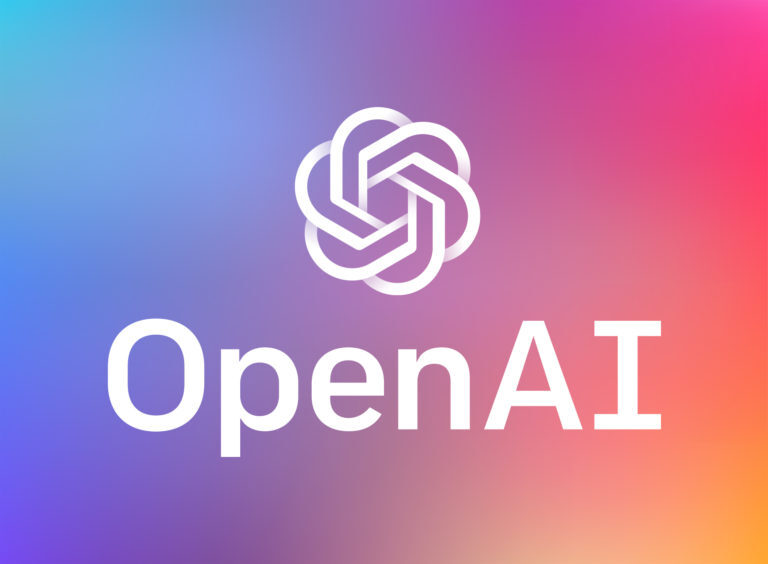Go slower with no cock-ups.
- Beneath the polished performance lies a company with its reputation in ruins and whose indicators are going the wrong way.
- Its arch rival Google does not “move fast and break things” and is now reaping the benefit of “go slower with no cock-ups”.
- Mark Zuckerberg put in another polished performance yesterday but even as commentators seem to think that Facebook will escape unscathed, the data is all pointing in the wrong direction.
- Data from Nielsen digital consumption data indicates that in January Facebook lost 2% share of digital consumption to 16.3% while Google gained 3% share to reach 27.3%.
- This is not entirely unexpected as Facebook had already flagged that it was going to move consumption towards engagement and away from watching video.
- The result should be higher-value active interaction rather than passive video watching, but obviously less total time spent engaged with the site.
- I suspect that this is what Nielsen’s figures are showing but it’s Recode’s most recent survey that really highlights the current problem.
- This survey asked US residents which of a list of companies did they trust least with their data (see here).
- While 20% answered “none of the above”, 56% choose Facebook which was more than 10x the number that chose Google (5%) who was in second place.
- Privacy advocate Apple, scored 2%.
- This is highly significant because an examination of the position of Facebook vs Google on RFM’s Digital Life Pie reveals that Google knows far more about its users than Facebook does, but is clearly much better at controlling and managing that data.
- I think that the current tsunami of bad PR that Facebook is experiencing is the result of a combination of two factors:
- First, Opacity: Facebook (and everyone else including Google) have been less than upfront with users about the real nature of the relationship that they enter into when they sign up.
- The user may think that the service is free, but he has actually bartered his data, and to some degree his privacy, in return for a service.
- Consequently, these users are under the impression that the data that they upload to these services belongs to them, explaining the furore that ensued when Facebook and its associates legitimately used the data to make money.
- Second, Broken things. Facebook has followed the philosophy that has served Silicon Valley so well to date which is: “move fast and break things”.
- This philosophy is great for small companies just starting out, but Facebook & Co. are now giant corporations where there are big consequences when things break.
- The problem is that too many things have broken which combined with the users’ illusion that they own the data they have uploaded, has resulted in the all the fuss and the massive swing in negative opinion.
- Google by comparison has escaped almost completely unscathed from this mess and I suspect that this is almost entirely because Google hasn’t broken anything.
- I think that this is largely because Google does not move very fast at all and is much more rigorous with regard to testing before its products and services are launched.
- The result has been no hacks or leaks of user data to third parties despite the fact that it holds a greater volume of data that I think is much more sensitive.
- I think that the net result from this is that everyone is going to have be much more upfront with users about the nature of the relationship they are entering into.
- Something along the lines of: “We are able to provide this service to you by selling using your data for targeted advertising. If you would like us not to do this, we can offer you a subscription for $X per month.” will be needed to ensure that the relationship is clear.
- I can see everyone based on advertising being forced down this path but the impact on revenues is very unclear.
- This is because it is those that marketers want to target most (the high end) that are most likely to go for a fixed subscription and these users generate the most advertising revenue.
- The net result is uncertainty around the outlook for the advertising monetisation business model and its impact on medium term revenues.
- Furthermore, a move away from “move fast and break things” to “go slower with no cock-ups” is also likely to slow the pace of innovation and hence medium-term growth.
- While this is being worked out, Apple is the only one that emerges unscathed and should outperform while this reality is being digested.









Blog Comments
Graham Ward
April 12, 2018 at 5:11 pm
Re: “we can offer you a subscription for $X per month”. I don’t understand why someone like Apple does not try this. For example, if they offered email (as a subscription alternative to Google Mail) then surely they could sell that using their relatively virtuous reputation on privacy, plus the cachet of an “@apple.com” email address. What do you think? I should point out that I am not an Apple fan or customer, just a Google customer who is wondering who his personal data has been sold to…
windsorr
April 13, 2018 at 9:46 am
Apple doesent need to. It has laready been paid for its ecosystem through the premium price of the device is offers on which it makes 45-50% gross margin. This is how it can push privacy as it does not need customer data to monetise its ecosystem.
Graham Ward
April 20, 2018 at 12:28 pm
Do Apple pre-install Facebook on iPhones? If so, are they on shaky ground when it comes to claiming to protect customer privacy? It seems to me that Apple, Google and Facebook (and maybe the whole “technology industry”) have a cozy relationship where no-one rocks the user-data-privacy boat. What do you think?